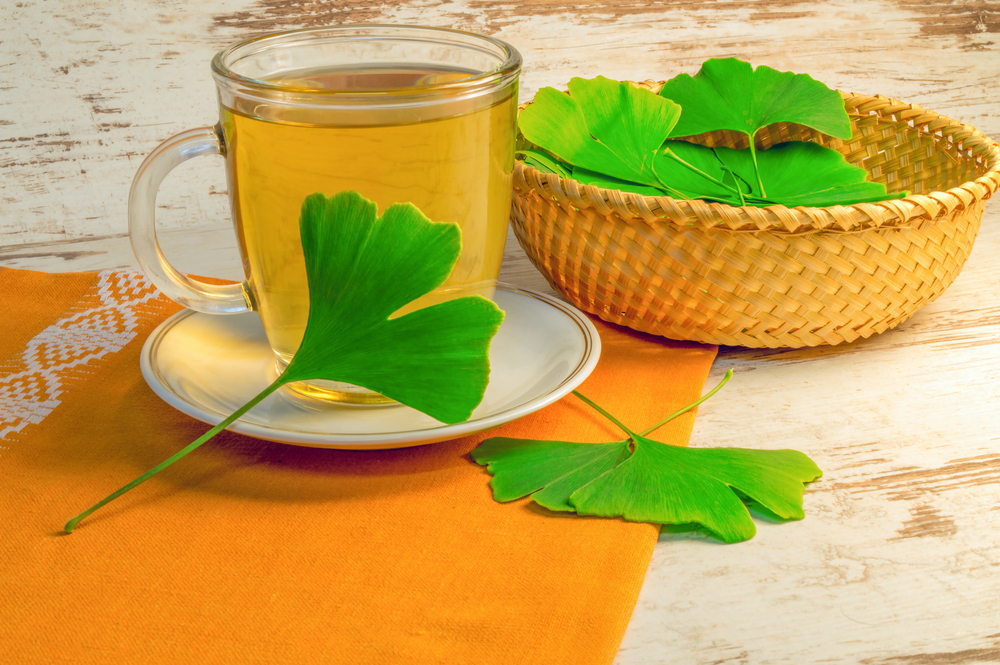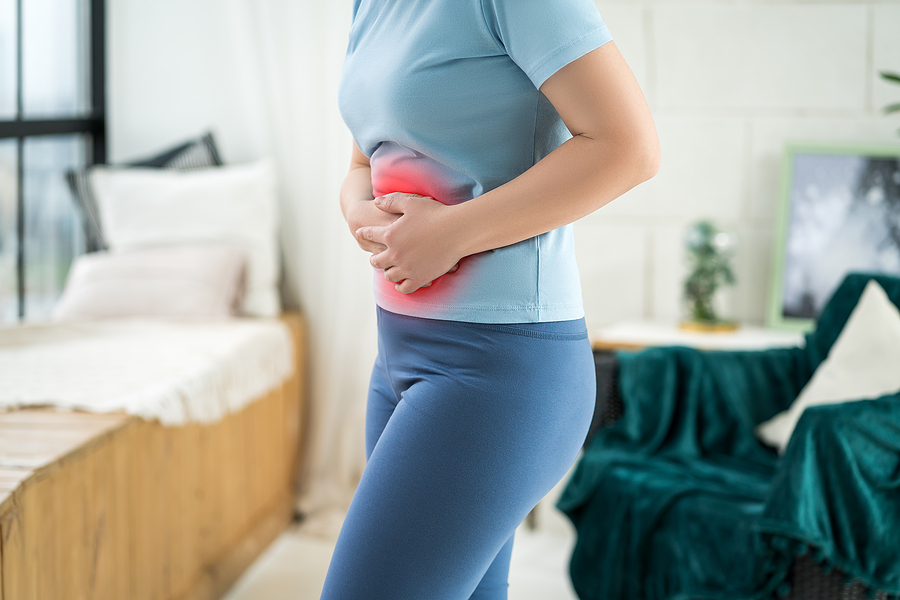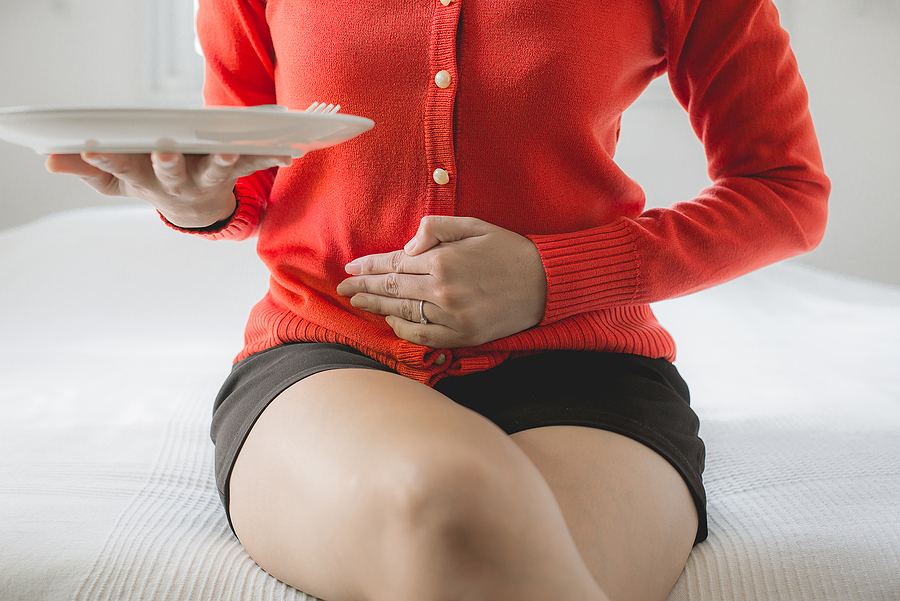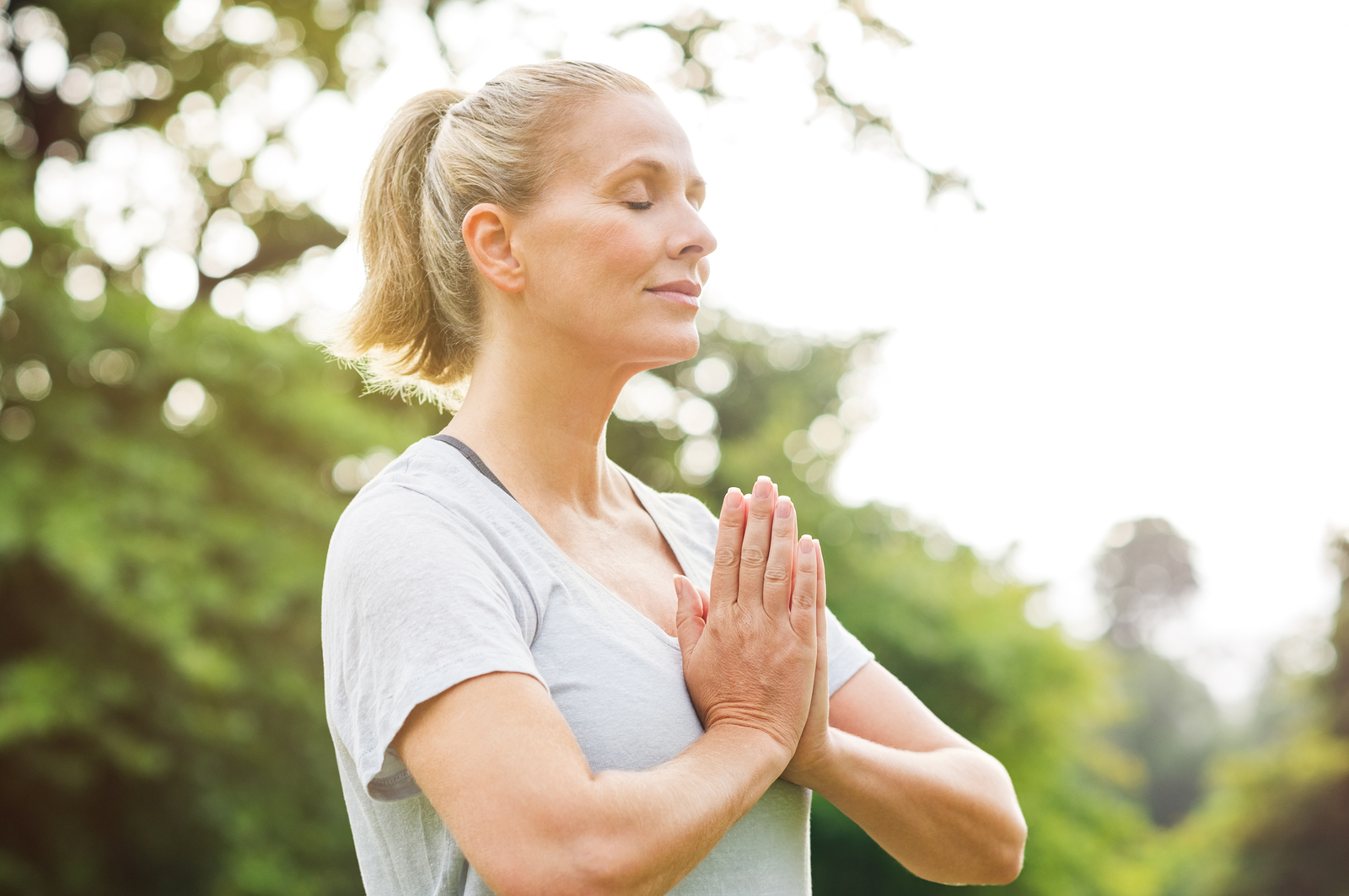Treating premenstrual syndrome naturally
- What causes PMS
- Nature’s answer to PMS
- Women to Women takes you seriously
We know you’ve had to change your plans because of your symptoms of premenstrual syndrome. The question is, how often? We know that PMS affects your life by causing a disruption in your plans, and we also know about the stigma that’s attached to it. As if it’s not a valid excuse to miss work or to change your plans. For those of us who suffer with the monthly symptoms, the mood swings, food cravings, irritability, bloating and more, it can almost reach the point of altering our lives.
Common symptoms of PMS:
- Irritability and angry outbursts
- Bloating and periodic weight gain
- Breast tenderness
- Cyclic Cramps
- Sleep disturbances
- Blood sugar shifts
- Cravings
- Headaches
- Loss of sexual desire
- Anxiety and moodiness
Is there help?
We realize that if you suffer with PMS, you’re searching for answers that are truly effective and that also deal with the hormonal imbalances that occur in your body. If you’ve tried solutions such as antidepressants, birth control pills, or over the counter products, like Pamprin, Tylenol, and Motrin, you haven’t been aiming at the source of your symptoms. These alternatives may provide some relief for a while, but they won’t, and they can’t, prevent your PMS from coming back again and again.
We have great information to share: There are natural ways to ease and to even avoid PMS so you are able to continue doing the things you enjoy doing, without monthly intrusions.
Getting to the source of premenstrual syndrome
You’re correct in believing that estrogen and progesterone provide the basic explanation for PMS, but what you may not fully understand is that other hormones have a significant role to play as well. Our endocrine (hormone) system is centered in the brain. The hypothalamus and pituitary glands work in harmony, sending signals to the rest of the body about hormone release. This includes signaling the release of progesterone and estrogen, adrenal hormones (such as cortisol), insulin, and others. So it’s easy to understand that when one hormonal loop is off balance, others can also be impacted. The major hormones we have in our body are actually cortisol, adrenalin, and insulin.
High amounts of stress can lead to increased cortisol. This in turn affects progesterone levels and/or insulin production, which leads to increased mood swings, anxiety, and food cravings.
The root causes of PMS are:
- High estrogen-to-progesterone ratio
- Abnormal neurotransmitter response ( occurring in the brain)
- Disrupted sodium metabolism (causing fluid retention and bloating) often caused by stress
- Stress (causing increased cortisol)
- Carbohydrate metabolism
- Nutritional deficiencies
The earlier you know the source of your PMS, the sooner you can effectively treat it. Unfortunately, traditional treatment is usually aimed at symptoms rather than at the root cause. The benefit of using natural treatment, such as herbs, minerals and vitamins, is that symptoms are relieved because the body’s equilibrium is reestablished. This means that symptom-relief is on-going.
Natural answers for PMS relief
Mother Nature has valid answers for premenstrual syndrome! There are many treatment options to help with your unique symptoms. Read through the list below to see if any of your problems are addressed and how specific ingredients can help.
The herbs we’ve included in the list below are known as “adaptogenic.” This means they communicate with your system to provide you with the exact amount needed to bring your body back into its correct balance. Pharmaceuticals and over-the-counter remedies sometimes can be overwhelming to your body.
- Chasteberry (Vitex agnus-castus). In several clinical studies Chasteberry reduced some symptoms, especially breast pain or tenderness, edema, constipation, irritability, depressed mood, anger, and headache.
- Dong quai (Angelica sinensis). Dong quai (Angelica sinensis), also known as Chinese Angelica, has been used for thousands of years in traditional Chinese, Korean, and Japanese medicine. It remains one of the most popular plants in Chinese medicine, and is used primarily for health conditions in women. Dong quai has been called “female ginseng,” based on its use for gynecological disorders (such as painful menstruation or pelvic pain), recovery from childbirth or illness, and fatigue/low vitality. It is thought to be more effective in with black cohosh.
- Maca (Lepidium meyenii). For hundreds of years maca was used by native Peruvians to enhance fertility. Women use maca for female hormone imbalance, menstrual problems, and symptoms of menopause. Maca is also used for weak bones (osteoporosis), depression, stomach cancer, leukemia, HIV/AIDS, tuberculosis, erectile dysfunction (ED), to arouse sexual desire, and to boost the immune system. It has been found to be effective for PMS.
- Black cohosh (Cimicifuga racemosa). Though mostly known for its relief widely of menopausal symptoms, black cohosh is wonderful herb for PMS, especially when it comes to treating rritability and sleep disturbances.
- Lemon balm (Melissa officinalis). Lemon balm has been used for centuries for its calming effects and helps with PMS-related anxiety and insomnia.
- Wild yam (Dioscorea villosa). Wild yam was traditionally used for intestinal problems as well as labor pains and menstrual issues. There is still debate about whether wild yam can affect our sex hormones, but we’ve found it extremely helpful for our patients who have high estrogen levels, and see consistent helpful results.
- Burdock. Burdock is known for its anti-inflammatory effect, but because of its alterative action, and because of the small amount of plant steroids it contains, burdock can help improve the liver’s ability to metabolize hormones such as estrogen and thereby improve symptoms associated with hormonal imbalance. Therefore it is very helpful in treating PMS.
- St. John’s wort. St. John’s wort has been used successfully to treat mild depression and the moodiness that sometimes accompanies PMS. But careful as it can interfere with the birth control pills and make them less effective. So be sure to have a discussion you’re your healthcare practitioner.
- Ginkgo (Ginkgo biloba). Ginko is mostly known and studied in the literature for its effects on memory. Ginkgo has also been shown to be helpful for PMS symptoms, particularly when it comes to fluid retention and breast tenderness.
- Chromium. Chromium is a mineral that has been studied often and shown to help stabilize insulin and blood sugar. This stabilization helps curtail cravings and supports appetite regulation.
- Calcium, Magnesium and Vitamin B6. This power formula can work wonders for your symptoms. These ingredients have been researched thoroughly and provide positive results for pain, mood, and general PMS symptoms. Magnesium is particularly effective for combating chocolate cravings! By the way, chocolate cravings are a sure sign of magnesium deficiency.
At Women to Women, we’ve found that herbs, vitamins, and minerals, combined with good nutrition from a healthy diet and regular exercise is the best method for relieving the symptoms of PMS. We’ve established that several adaptogenic herbs work best in combination formulas.
Women to Women offers solutions
Women to Women knows that PMS can have a significant impact on your life, even if it seems as though the rest of the world doesn’t take your symptoms seriously. Our approach is completely safe and natural. It offers a solution that is effective and that gets to the root of the problem, so the results are long-lasting.








